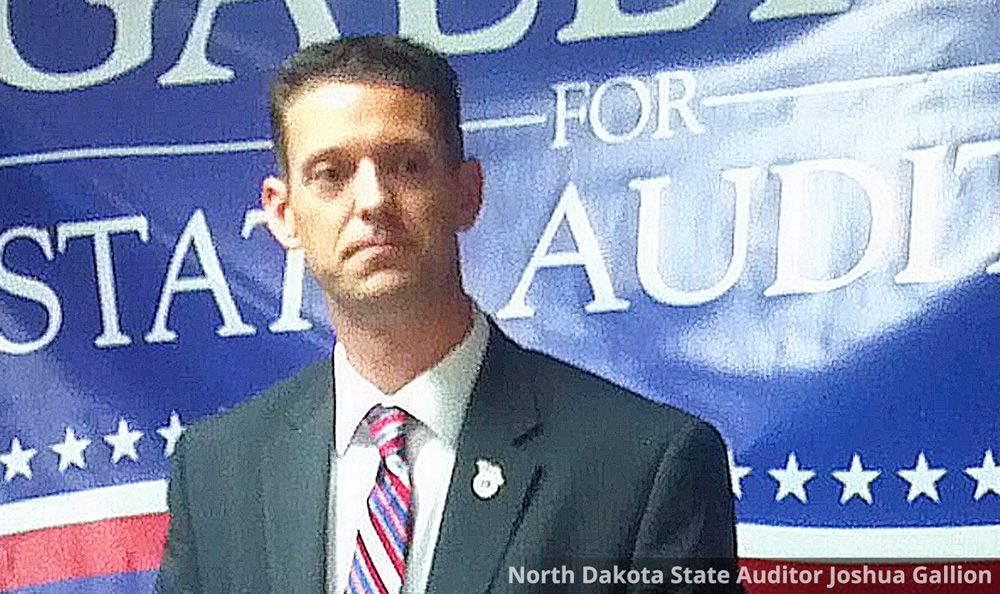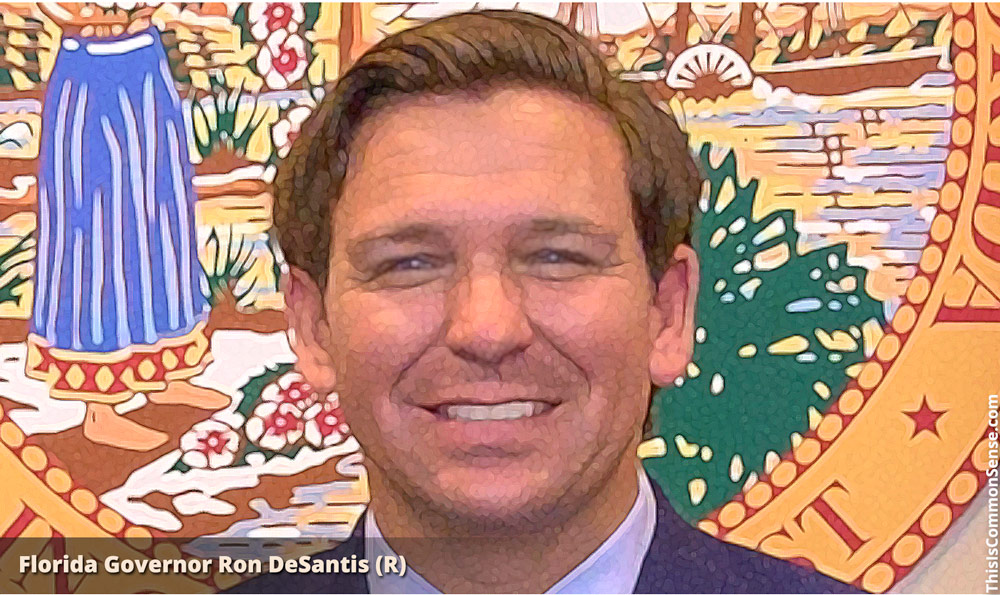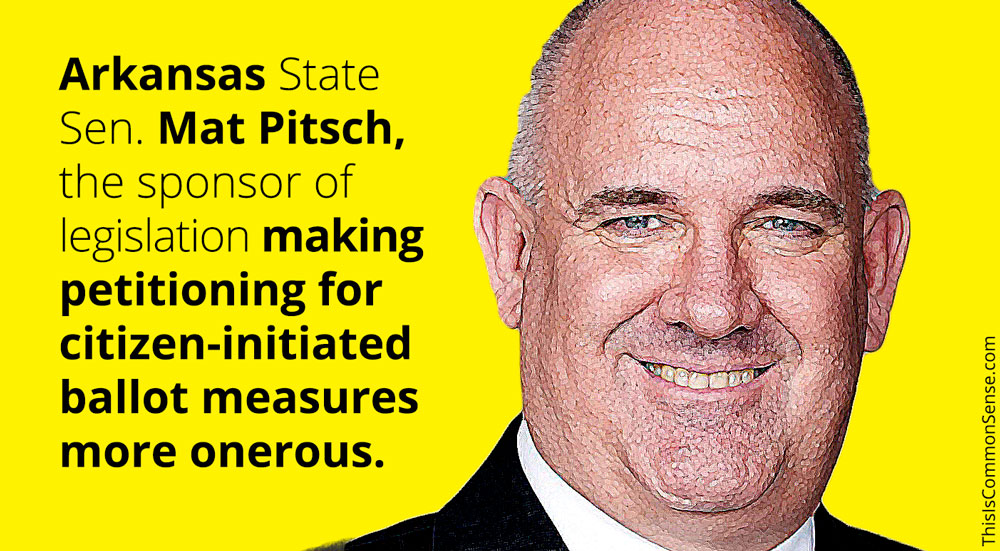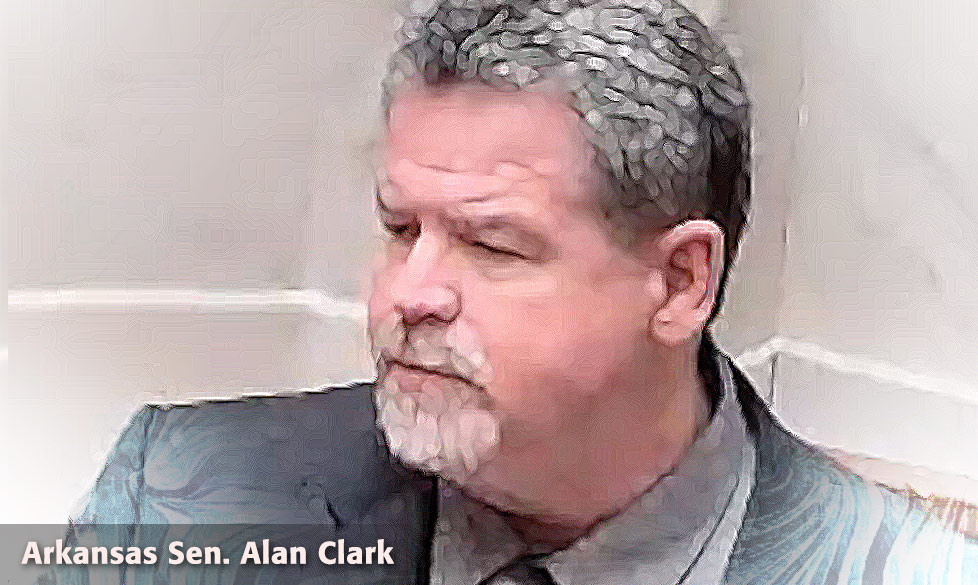“I have no idea.”
So responded Florida Rep. Jamie Grant (R‑Tampa Bay) to a question about how petition circulators on 2018 ballot initiative campaigns were paid.
“Is there evidence that signatures collected by a person … paid per hour or paid per signature are more fraudulent?” asked Rep. Tina Scott Polsky (D‑Boca Raton), following up.
“If you’re asking specifically on the petition process,” Grant admitted, “I don’t know the answer to that.”
Rep. Grant should know. His 18-page amendment — slapped onto completely unrelated legislation, House Bill 5, in the waning hours of the last day of the legislative session — criminalizes paying petition circulators based on the number of signatures they gather.
Which is precisely what you pay circulators for: gathering as many voter signatures as possible. Grant claims his ban will prevent fraud — without evidence there has been any fraud.
Instead, a tap-dancing Grant blurted out that Wells Fargo, the bank, is “a fantastic example” that “broken commission structures will lead to bad actions.” But his bill doesn’t address banking fraud.
Not ridiculous enough? He went further, comparing Floridians enacting a constitutional amendment to the Russian government meddling in our elections.
What does a foreign government’s black-ops scheme have in common with the constitutional ballot initiative process whereby millions of Florida voters sign petitions and then must approve amendments by a supermajority vote of at least 60 percent?
Nothing.
Which is the sum of Grant’s knowledge.
Well, there is one thing Rep. Grant testified to with certainty: His legislation will hike the cost of initiative campaigns, making it even more difficult for citizens to check politicians … like Grant.
Don’t sign it, Gov. DeSantis, veto.
This is Common Sense. I’m Paul Jacob.

—
See all recent commentary
(simplified and organized)










